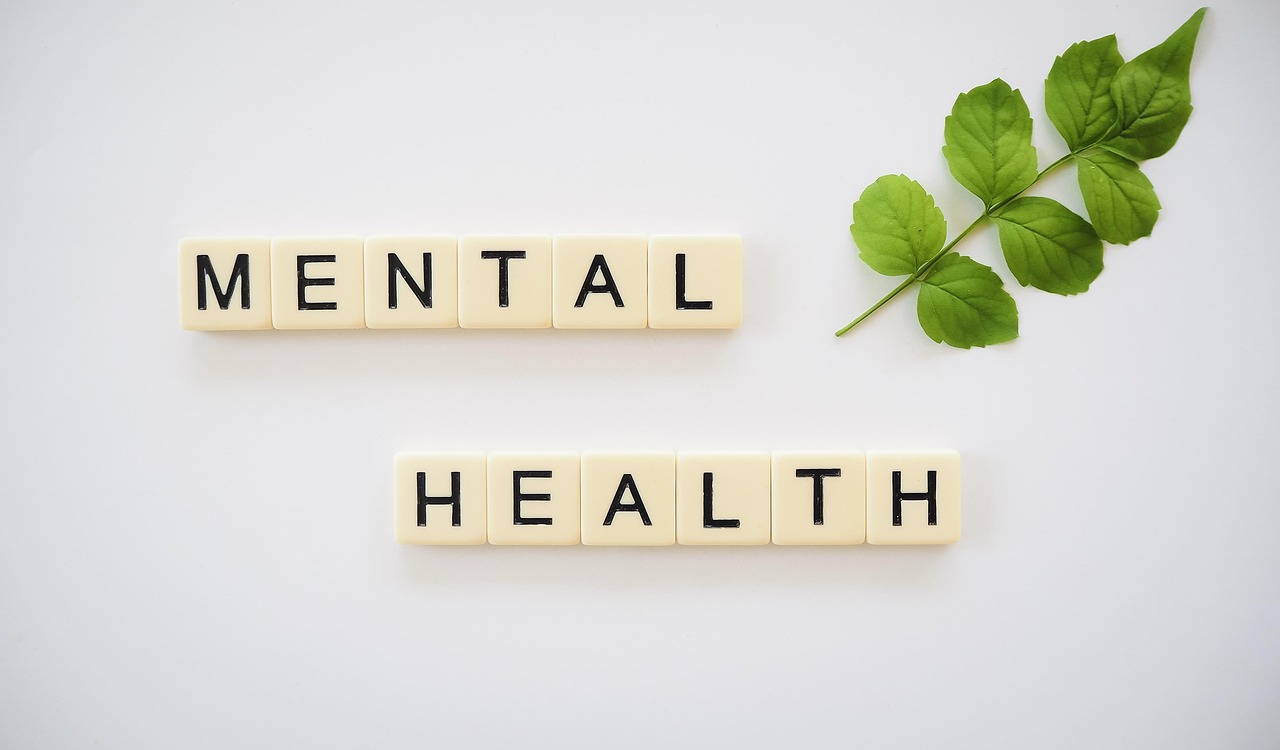Depression Tests: Understanding Your Mental Health Screening Options
Depression affects millions of people worldwide, making mental health screening tools increasingly important for early identification and treatment. Depression tests serve as valuable initial assessment tools that help individuals and healthcare professionals evaluate symptoms and determine if further evaluation is needed. These standardized questionnaires and assessments can provide insight into your mental health status, though they should never replace professional medical diagnosis or treatment.

What is a Depression Test?
A depression test is a structured assessment tool designed to measure the severity and frequency of depressive symptoms. These screening instruments typically include questions about mood, sleep patterns, appetite changes, energy levels, and thoughts of self-harm. Mental health professionals use various standardized tests, such as the Patient Health Questionnaire-9 (PHQ-9) or Beck Depression Inventory, to evaluate symptoms consistently. While these tests provide valuable information, they serve as screening tools rather than definitive diagnostic instruments. Healthcare providers combine test results with clinical interviews and medical evaluations to make accurate diagnoses.
Understanding Bipolar Depression Tests
Bipolar depression test tools specifically screen for symptoms associated with bipolar disorder, which involves alternating periods of depression and mania or hypomania. These assessments include questions about mood swings, energy fluctuations, sleep disturbances, and behavioral changes that occur during different mood episodes. The Mood Disorder Questionnaire (MDQ) and Bipolar Spectrum Diagnostic Scale are commonly used screening tools for bipolar disorder. These tests help differentiate between unipolar depression and bipolar depression, which is crucial because treatment approaches differ significantly between these conditions.
Free Depression Test Options Available
Free depression test resources are widely available through reputable mental health organizations and healthcare websites. Many established mental health foundations offer online screening tools at no cost, including questionnaires for depression, anxiety, and related conditions. These free assessments typically take 5-15 minutes to complete and provide immediate results with general recommendations. However, users should ensure they access tests from credible sources such as licensed mental health organizations, medical institutions, or government health departments to ensure accuracy and reliability.
Depression and Anxiety Test Combinations
Depression and anxiety test combinations recognize that these conditions frequently co-occur, with studies showing that approximately 60% of people with anxiety also experience depression symptoms. Combined screening tools evaluate symptoms of both conditions simultaneously, providing a more comprehensive picture of mental health status. These dual assessments examine overlapping symptoms such as sleep disturbances, concentration difficulties, and physical symptoms while also identifying condition-specific markers. The GAD-7 (anxiety) and PHQ-9 (depression) are often administered together in clinical settings to screen for both conditions effectively.
Depression Test for Teens and Adolescents
Depression test for teens requires age-appropriate screening tools that account for developmental differences in symptom presentation and communication styles. Adolescent-specific assessments consider factors such as academic performance, peer relationships, family dynamics, and identity development issues that may influence mental health. The Reynolds Adolescent Depression Scale and Children’s Depression Inventory are examples of validated tools designed specifically for younger populations. Teen depression screenings often involve both self-report measures and parent or teacher observations to provide comprehensive assessment information.
| Provider | Test Type | Key Features | Accessibility |
|---|---|---|---|
| Mental Health America | Multiple screening tools | Covers depression, anxiety, bipolar | Free online access |
| Psychology Today | Various assessments | Professional-reviewed content | Free with registration |
| National Institute of Mental Health | Educational resources | Government-backed information | Free public access |
| Local healthcare systems | Clinical screenings | Professional administration | Varies by insurance coverage |
Availability and specific features of depression screening tools may vary by location and provider. Consult local healthcare resources for the most current information.
Professional Evaluation and Next Steps
While depression tests provide valuable screening information, professional evaluation remains essential for accurate diagnosis and treatment planning. Mental health professionals use screening results alongside clinical interviews, medical history reviews, and sometimes additional psychological testing to make comprehensive assessments. If screening results suggest possible depression or related conditions, individuals should schedule appointments with qualified healthcare providers such as primary care physicians, psychiatrists, or licensed therapists. Early intervention and appropriate treatment significantly improve outcomes for people experiencing depression, making professional follow-up crucial after concerning screening results.
Depression screening tools serve as important first steps in mental health awareness and care-seeking behavior. Whether using free online assessments or professional screening instruments, these tools help individuals recognize when additional support may be beneficial. Remember that mental health conditions are treatable, and seeking help demonstrates strength and self-awareness rather than weakness.
This article is for informational purposes only and should not be considered medical advice. Please consult a qualified healthcare professional for personalized guidance and treatment.




